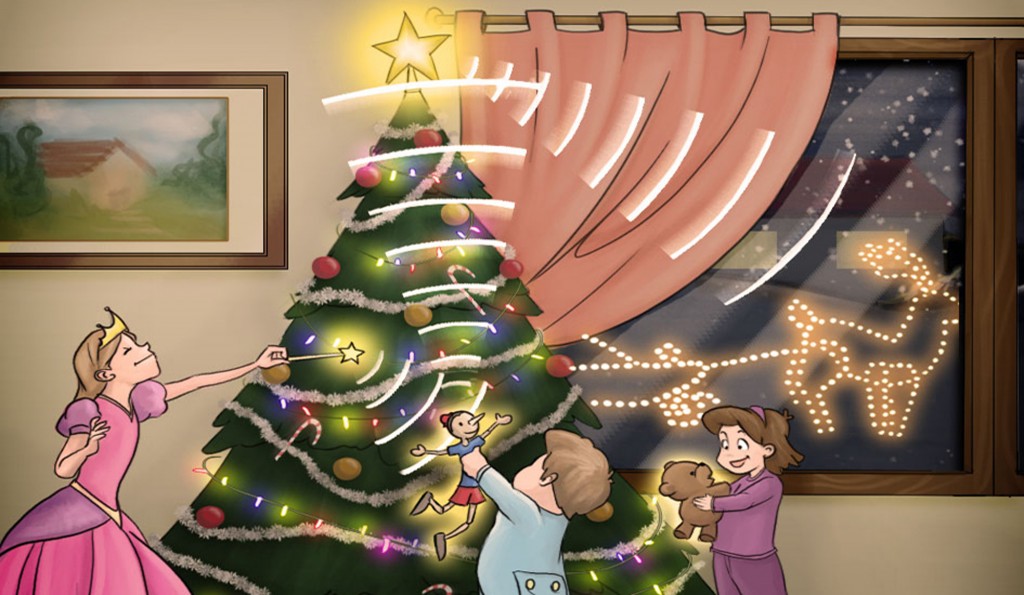Abstract

The Future Internet of Things (IoT) will connect billions of battery-powered radio-enabled devices. Some of them may need to communicate with each other and with Internet gateways (border routers) over multi-hop links. While most IoT scenarios assume that for this purpose devices use energy-efficient IEEE 802.15.4 radios, there are use cases where IEEE 802.11 is preferred despite its potentially higher energy consumption. We extend the IEEE 802.11 Power Saving Mode (PSM), which allows WLAN devices to enter a low-power doze state to save energy, with a traffic announcement scheme that facilitates multi-hop communication. The scheme propagates traffic announcements along multi-hop paths to ensure that all intermediate nodes remain awake to receive and for- ward the pending data frames with minimum latency. Our simulation results show that the proposed Multi-Hop PSM (MH-PSM) improves both end-to-end delay and doze time compared to the standard PSM; therefore, it may optimize WLAN to meet the networking requirements of IoT devices. MH-PSM is practical and software-implementable since it does not require changes to the parts of the IEEE 802.11 medium access control that are typically implemented on-chip. We implemented MH-PSM as a part of a WLAN driver for Contiki OS, which is an operating system for resource-constrained IoT devices, and we demonstrated its efficiency experimentally.
Copyright Notice
The documents contained in these directories are included by the contributing authors as a means to ensure timely dissemination of scholarly and technical work on a non-commercial basis. Copyright and all rights therein are maintained by the authors or by other copyright holders, notwithstanding that they have offered their works here electronically. It is understood that all persons copying this information will adhere to the terms and constraints invoked by each author’s copyright. These works may not be reposted without the explicit permission of the copyright holder.